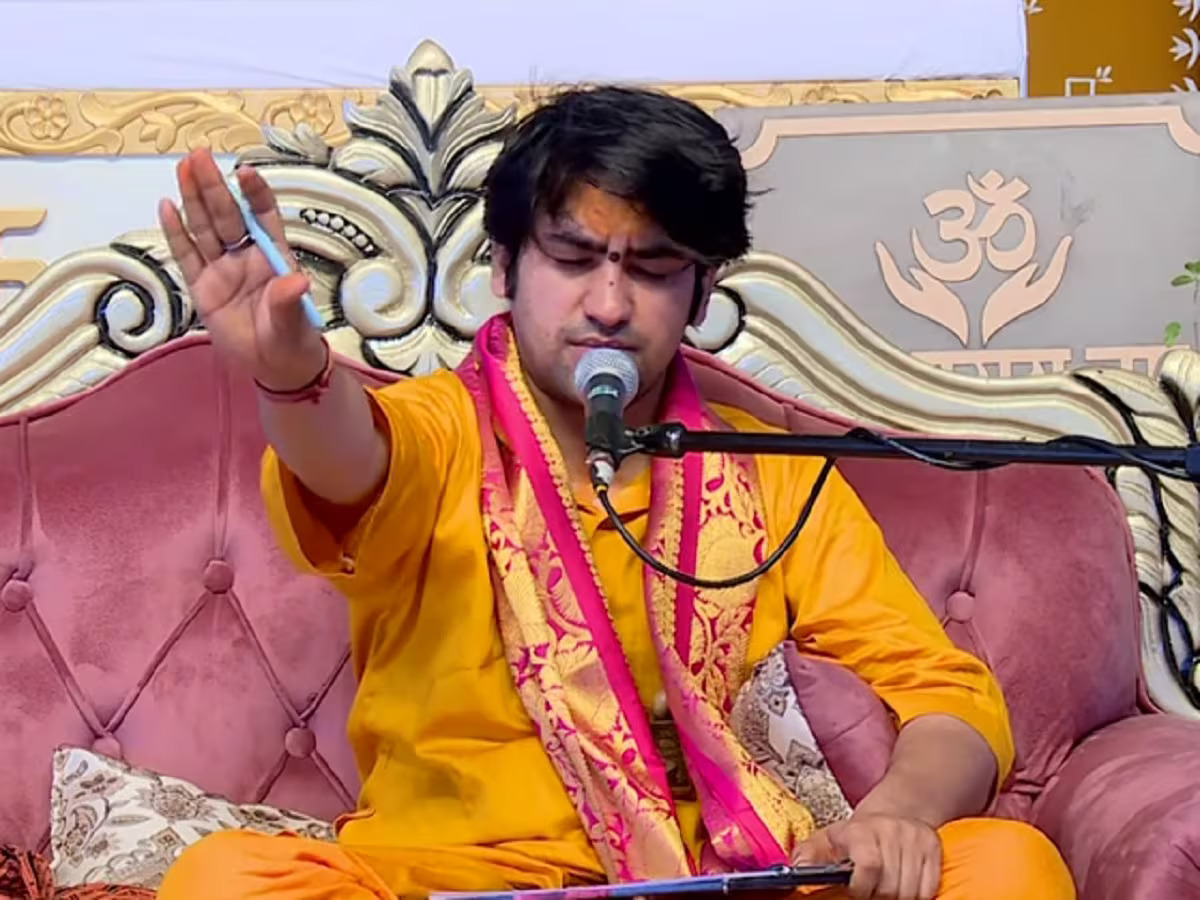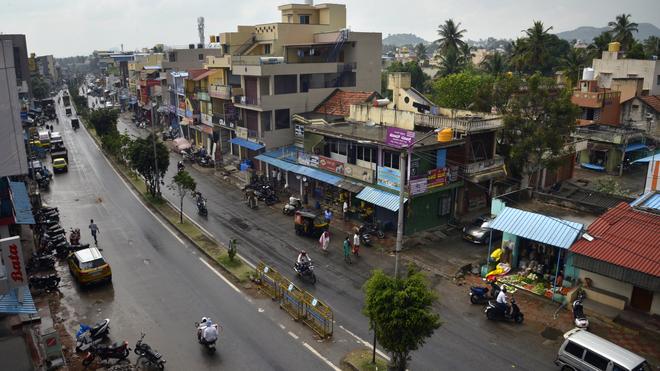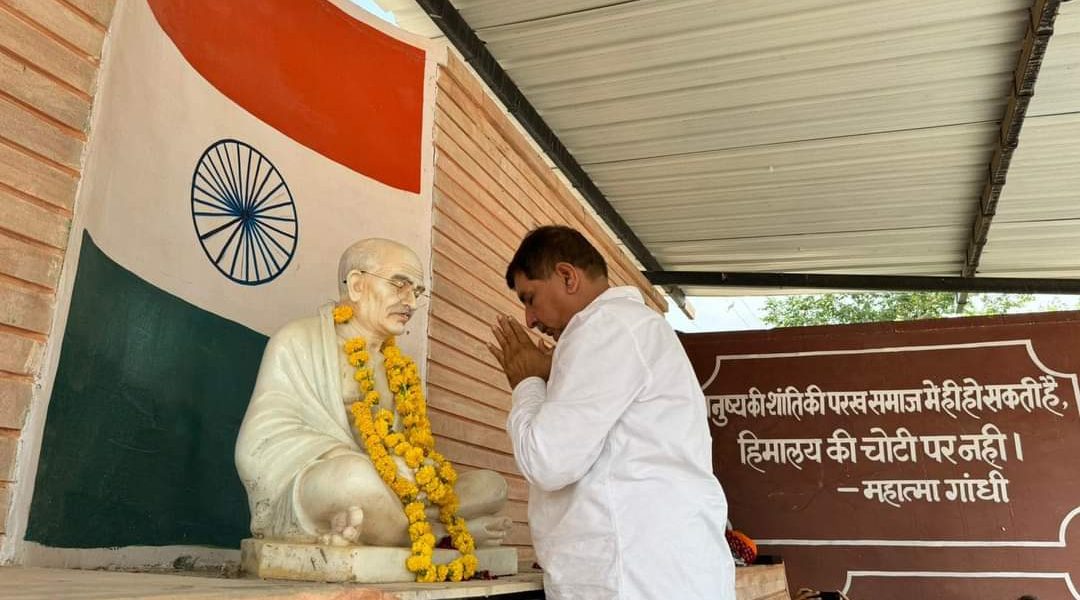Political and security considerations outweigh humanitarian concerns in determining the fast-tracking of Indian citizenship for persecuted minorities in India’s neighborhood.
By Roshni Kapur
The debate on which refugees qualify for Indian citizenship has intensified with the Bharatiya Janata Party (BJP) government enacting the Citizenship Amendment Act (CAA) 2019 and notifying the rules in March this year.
The CAA 2019 amended the Citizenship Act of 1955. It uses religion to determine whose citizenship can be fast-tracked. The legislation provides for expediting citizenship to religious minorities from Bangladesh, Pakistan, and Afghanistan – i.e. Sikhs, Hindus, Buddhists, Parsis, Jains and Christians – who entered India on or before December 31, 2014. The law excludes Muslims, who are a majority in the three countries.
The new legislation has been hailed by supporters as a humanitarian gesture that seeks to put an end to the suffering of non-Muslim minorities, who have been subjected to discrimination, persecution, and torture in predominately Muslim countries in India’s neighborhood.
Justifying its decision to exclude Muslims from the CAA, the Indian government under Prime Minister Narendra Modi said that Islam has been enshrined as the state religion by the constitutions of Afghanistan, Pakistan, and Bangladesh. Religious minorities in these countries are subjected to persecution, prompting many to seek refuge in India.
However, Muslims in these countries, such as Hazaras in Afghanistan or Ahmadiyyas in Pakistan, are also being persecuted.
This story was originally published in thediplomat.com. Read the full story here.





